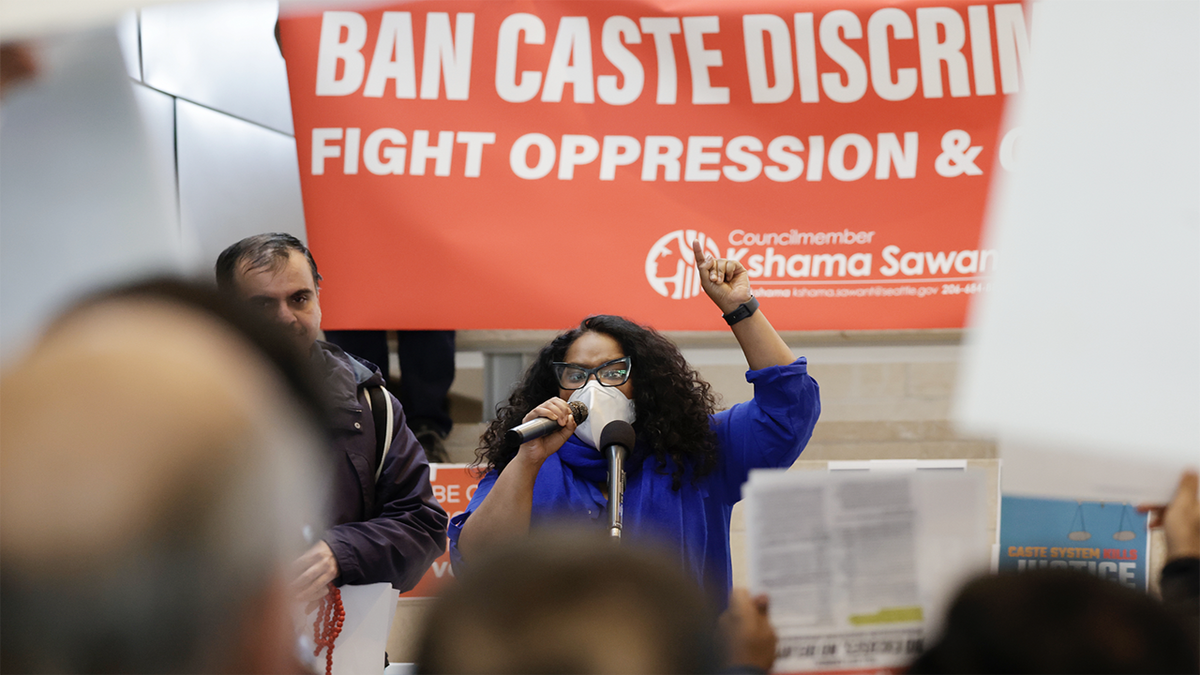
The Seattle City Council voted 6-1 on Tuesday to add caste as a protected category in the city's anti-discrimination laws, making it the first city in the U.S. to outlaw such discrimination.
Kshama Sawant, a member of the Socialist Alternative party and the only Indian American on the Seattle City Council, circulated a petition in the lead-up to the vote that said "caste discrimination remains a largely hidden and unreported issue."
"Caste discrimination is a widespread and increasingly grave contributor to workplace discrimination and bias faced by South Asian Americans and other immigrants—not just in other countries, but here in Seattle and across the United States," the petition reads.
India's caste system dates back thousands of years, stratifying people into social classes based off birth, though the country banned discrimination based off caste in 1948.
"The majority of the affected communities live in or originate from South Asia, including India, Nepal, Sri Lanka, Bangladesh, and Pakistan, where many are known by the self-chosen identity of 'Dalits,' which means ‘those who have been broken but are resilient’ and others are indigenous or indentured community members," the ordinance that was passed on Tuesday explains.
The ordinance did face considerable pushback from Seattle residents, with the Hindu American Foundation arguing that a yes vote amounts to "discriminating against ethnic minorities."
"Throughout our two decades of existence, HAF has maintained that caste discrimination is wrong, violating core Hindu principles of the divine oneness of all beings," Hindu American Foundation Executive Director Suhag Shukla said in a statement on Tuesday. "At the same time, we maintain that the singling out of South Asians and addition of ‘caste’ to non-discrimination policy violates the very policies it now amends."
A handful of colleges throughout the U.S. have added caste to their anti-discrimination policies, including the California State University System, Colby College, Brown University, and Brandeis University.
Sawant framed the passing of Tuesday's ordinance as a "historic, first-in-the-nation ban" that will spread elsewhere.
"Now we need to build a movement to spread this victory around the country," she tweeted.
The Associated Press contributed to this report.
Source Link
